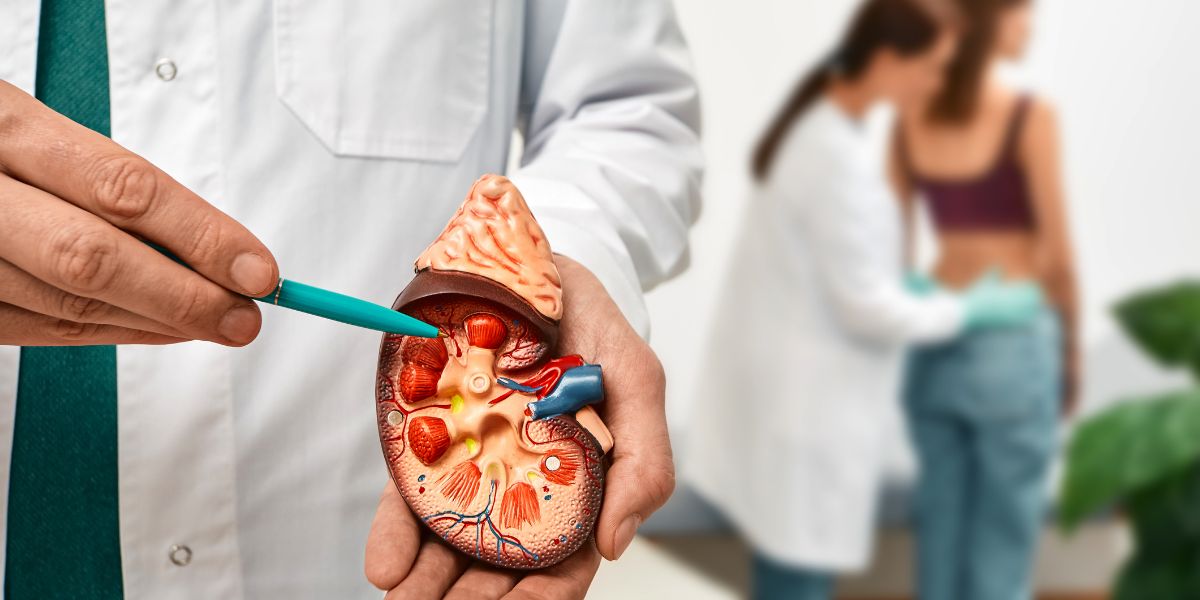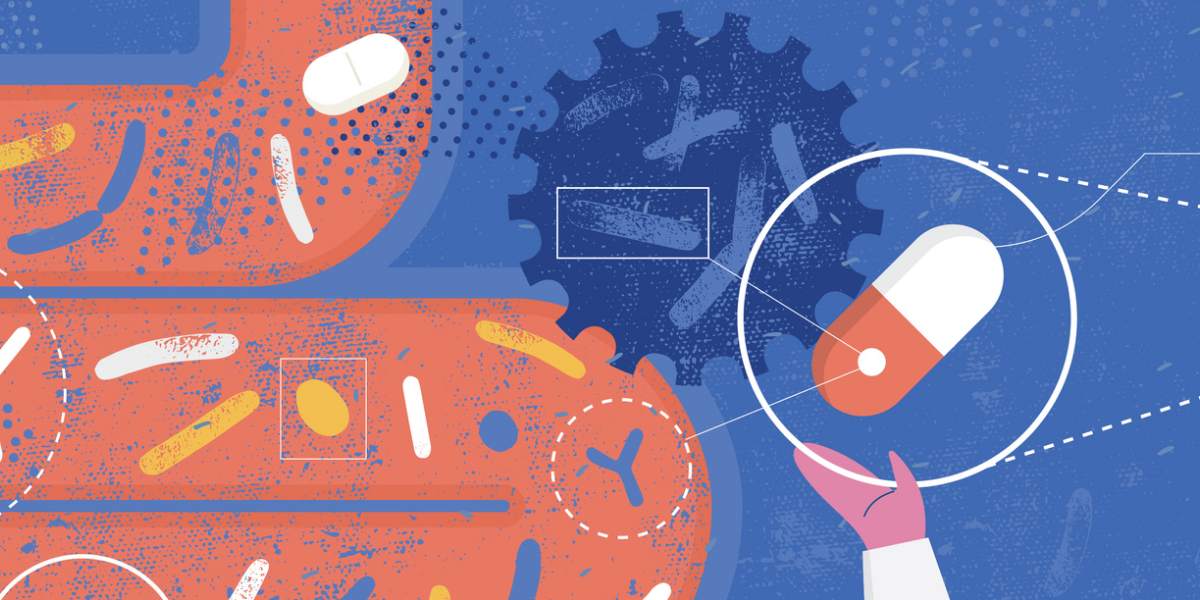The endocrine system consists of a number of different glands which secrete hormones that dictate how cells and organs behave.
The hormones produced by the endocrine system help the body to regulate growth, sexual function, mood and metabolism.
The role of the endocrine system
The endocrine system is responsible for regulating many of the body’s processes.
The list below provides a selection of the roles of glands in the endocrine system:
- Pancreas – regulates blood glucose levels
- Adrenal gland – increases blood glucose levels and speeds up heart rate
- Thyroid gland – helps to regulate our metabolism
- Pituitary gland – stimulates growth
- Pineal gland – helps to regulate our sleep patterns
- Ovaries – promote development of female sex characteristics
- Testes – promote development of male sex characteristics
The endocrine system and energy metabolism
Metabolism encompasses all the chemical reactions which enable the body to sustain life. Energy metabolism is one of these processes and is vital for life.
The body is able to use fat, protein and carbohydrate to provide energy.
The pancreas plays an important part in energy metabolism by secreting the hormones insulin and glucagon which respectively make glucose and fatty acids available for cells to use for energy.
The endocrine system and diabetes
Diabetes affects how the body regulates blood glucose levels. Insulin helps to reduce levels of blood glucose whereas glucagon’s role is to increase blood glucose levels.
In people without diabetes, insulin and glucagon work together to keep blood glucose levels balanced.
In diabetes, the body either doesn’t produce enough insulin or doesn’t respond properly to insulin causing an imbalance between the effects of insulin and glucagon.
In type 1 diabetes , the body isn’t able to produce enough insulin and so blood glucose becomes too high unless insulin is injected.
In type 2 diabetes , the body is unable to respond effectively to insulin, which can also result in higher than normal blood glucose levels. Medications for type 2 diabetes include those which help to increase insulin sensitivity, those which stimulate the pancreas to release more insulin and other medications which inhibit the release of glucagon.
The pancreas
The pancreas contains a collection of cells called the Islets of Langerhans which releases both insulin and glucagon.
The liver
The liver plays an important part in the regulation of blood glucose levels. The liver responds to the presence of insulin by taking up glucose from the blood.
Conversely, the liver release glucose in response to glucagon.
- Read more on the liver and diabetes
The kidneys
Sitting on top of the kidneys are the adrenal glands which release epinephrine, also known as adrenaline. Epinephrine is a hormone which triggers a number of body responses to enable the body to respond to stressful situation with ‘fight or flight’.
Epinephrine raises blood pressure, triggers the release of glucagon to raise blood sugar levels and contracts the skeletal muscles to be ready for movement.
- Read more on the kidneys and diabetes







